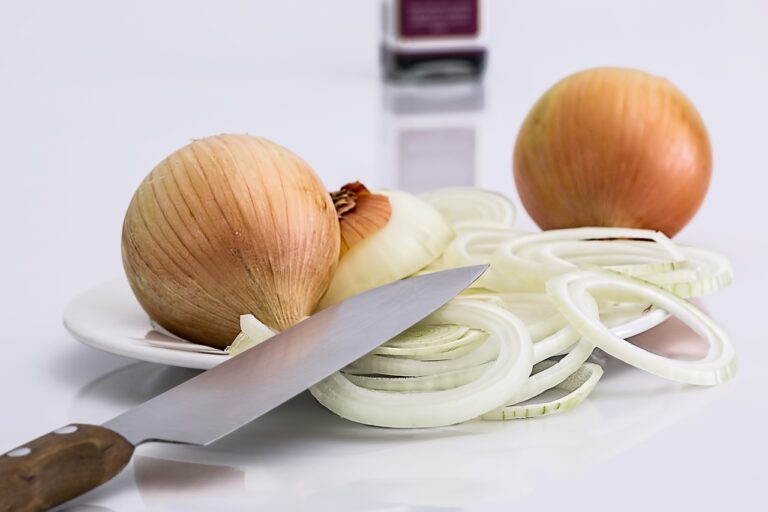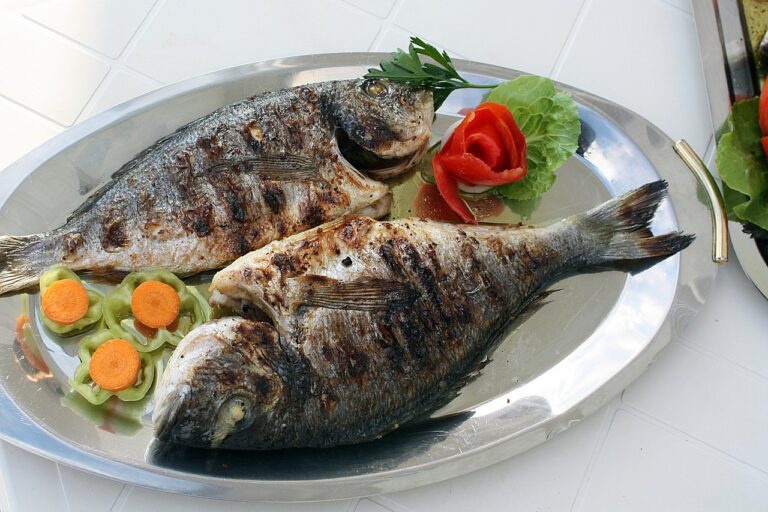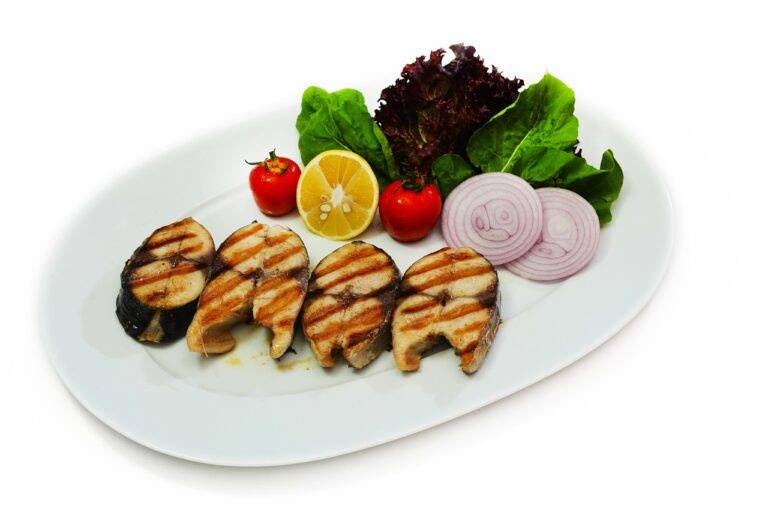The Role of Pasta in Mediterranean Diets: Health Implications: Allpanel mahadev, Lotus 365.fun login, All panel login
allpanel mahadev, lotus 365.fun login, all panel login: Pasta is a staple in Mediterranean diets and plays a crucial role in the overall health and well-being of individuals who follow this eating pattern. The Mediterranean diet is renowned for its emphasis on fresh fruits, vegetables, whole grains, nuts, seeds, and olive oil. Pasta, which is commonly made from durum wheat semolina, is often consumed as part of this diet in countries like Italy, Greece, and Spain.
The Role of Pasta in Mediterranean Diets
Pasta is a versatile food that can be paired with a variety of fresh ingredients to create delicious and nutritious meals. In Mediterranean diets, pasta is typically enjoyed with plenty of vegetables, herbs, and olive oil. This combination not only adds flavor to the dish but also provides essential nutrients such as vitamins, minerals, and antioxidants. Additionally, pasta is a good source of carbohydrates, which are the body’s primary source of energy.
The Health Implications of Consuming Pasta in Mediterranean Diets
Contrary to popular belief, pasta can be a healthy choice when consumed in moderation as part of a balanced diet. In Mediterranean diets, pasta is often consumed as part of a meal that includes other nutrient-dense foods such as lean proteins, legumes, and dairy products. This combination helps to ensure that individuals are meeting their dietary needs and maintaining a healthy weight.
Furthermore, the Mediterranean diet has been linked to numerous health benefits, including reduced risk of heart disease, stroke, and certain types of cancer. Pasta, when consumed in the context of this diet, can contribute to these health benefits by providing essential nutrients and promoting satiety.
FAQs
1. Is pasta unhealthy?
While pasta can be high in carbohydrates, it can be a healthy choice when consumed in moderation as part of a balanced diet. In Mediterranean diets, pasta is often enjoyed with plenty of vegetables, herbs, and olive oil, which adds nutrients and flavor to the dish.
2. Can I eat pasta every day?
While pasta can be a part of a healthy diet, it’s essential to consume it in moderation. Opt for whole grain or whole wheat pasta, and pair it with plenty of vegetables and lean proteins to create a well-rounded meal.
3. What are some healthy pasta recipes?
Some healthy pasta recipes include whole wheat spaghetti with roasted vegetables, whole grain penne with grilled chicken and pesto, and spaghetti with fresh tomatoes, basil, and olive oil.
4. How can I incorporate pasta into a Mediterranean diet?
To incorporate pasta into a Mediterranean diet, pair it with plenty of vegetables, herbs, and olive oil. Choose whole grain or whole wheat pasta for added nutrients and fiber.
In conclusion, pasta plays a vital role in Mediterranean diets and can be a part of a healthy and balanced eating pattern. When consumed in moderation and paired with nutrient-dense foods, pasta can contribute to overall health and well-being. So go ahead and enjoy a delicious bowl of pasta with your favorite Mediterranean-inspired ingredients!







